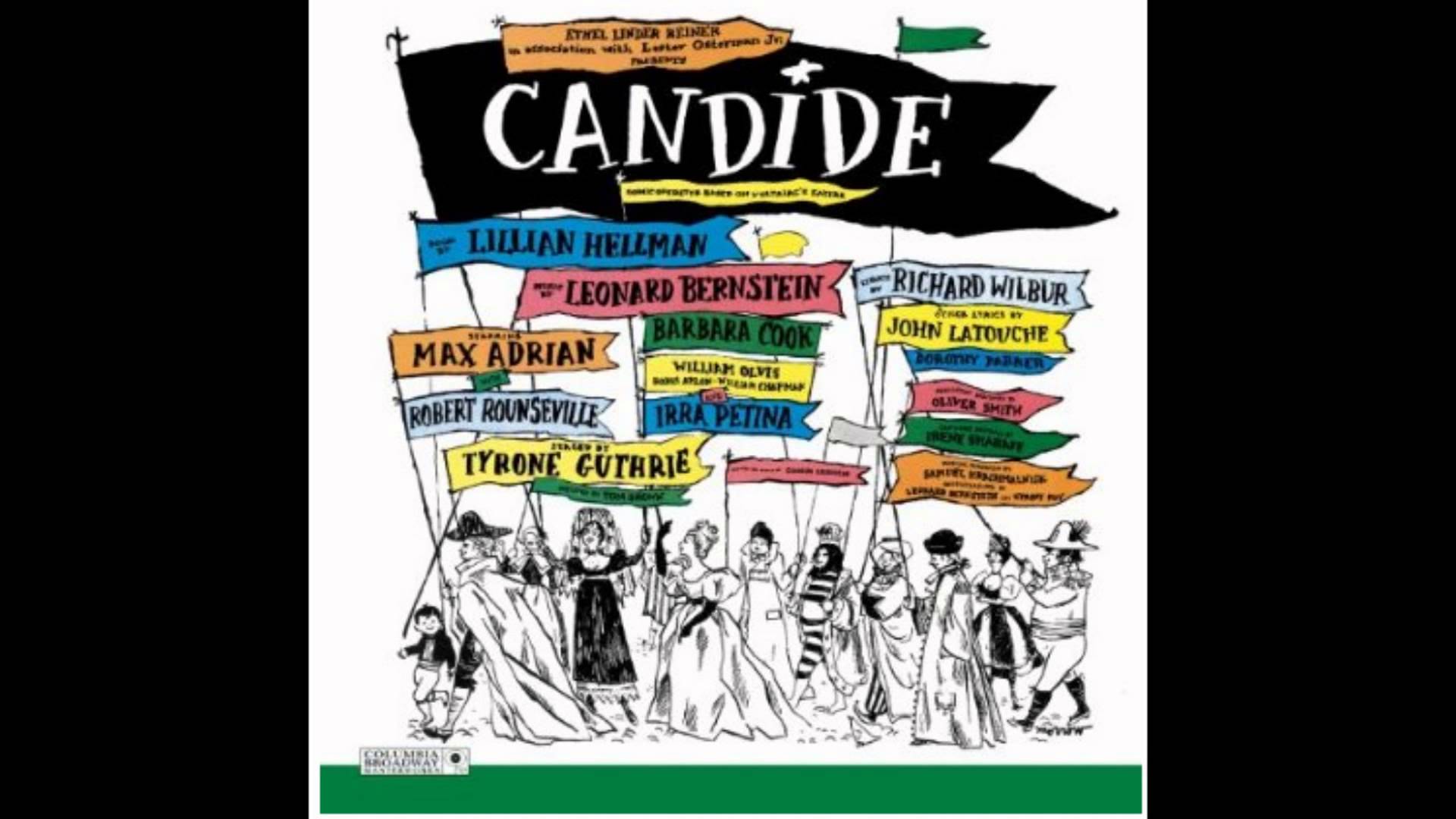NYFOS begins its fall season tomorrow with an evening devoted to the music of Leonard Bernstein, who worked with Steve Blier and Michael Barrett in founding their inimitable art song enterprise. One of the many perks of being a NYFOS board member is being invited to pick a week’s worth of Songs of the Day. This week I’m going with the Bernstein theme, choosing selections that have a personal meaning for me and also reflecting on some things we love that Bernstein and NYFOS have in common.
Bernstein is nearly unique in taking on iconic themes of classical culture and relating them in rollicking style to the preoccupations of popular culture. Like NYFOS, he does this in a wide-angle multicultural format that engages with cultural specificities both high and low, global and New York, ancient and contemporary, finding a common human core amid a kaleidoscopic diversity.
I teach Columbia undergraduates, including some accomplished vocal music enthusiasts who I hope will appreciate the Bernstein-themed concerts in this centenary year. I confess to having had some trepidation whether Bernstein would continue to be “relatable” to this millennial demographic. Even in my own younger days I remember seeing him as a leonine, somewhat forbidding, larger-than-life, world-historical figure, the last of a dying breed. But this fear turned out to be misplaced. Michael Gildin, a young leading light in Columbia a cappella circles, reports that Bernstein remains a favorite in his circle for precisely this reason: “Bernstein is a towering, almost mythic figure—one who represents the highest ideals to which a musician can aspire. Yet there is a visceral, welcoming humanity in Bernstein’s music that cuts through the legend and gives his work a permanent immediacy and relevance to any audience.”
Today’s shamelessly pandering selection is the universally beloved Barbara Cook singing the wonderful “Glitter and Be Gay” from Candide, a song so difficult that she was sure she would be utterly incapable of singing it. This video clip includes part of an interview where she describes the horrors of initial rehearsals. NYFOS fans, who are accustomed to Schubert and the Beatles deployed in tandem, also love her more down-to-earth side, too: Marian the Librarian in The Music Man (personal digression: a role my daughter Claire inhabited memorably in a Teaneck High School musical).
In Candide, as in tomorrow’s Song of the Day from Oedipus Rex, Bernstein tackles a foundational and enduring cultural theme of our civilization. In Voltaire’s satirical novel Candide, the Enlightenment rationalist Dr. Pangloss insists that we live in the best of all possible worlds, which he proves by pointing to the beneficial side effects of the earthquake that destroyed Lisbon. Given my day job as a social science professor, I can’t help but think how timely this is as a satire of what’s called the rational markets theory, which explains how omniscient, far-sighted investors operating in a perfectly competitive market always allocate capital to its most efficient use, and therefore should not be regulated by meddlesome bureaucrats—a Panglossian theory whose influence explains why your stock portfolio tanked in 2008. The good news is that the new theory on the rise is “behavioral economics,” which acknowledges the need to take into account what they call “animal spirits” and other all-too-human fallibilities. Human weaknesses are on flamboyant display in this Voltaire/Bernstein classic. Cunegonde, wherever you are, don’t forget to tweet “#MeToo.”



0 Comments